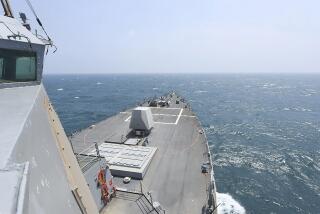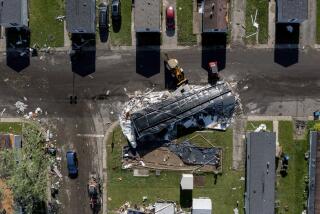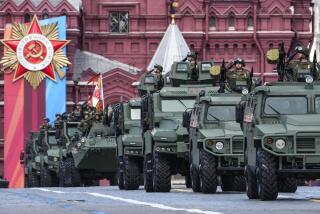NASA maintains confidence in private companies despite rocket explosion
The U. S. National Aeronautics and Space Administration, or NASA, still trusts private companies to transport astronauts and material to the International Space Station, or ISS, despite an explosion of an unmanned cargo rocket Tuesday.
“Today’s launch attempt will not deter us from our work to expand our already successful capability to launch cargo from American shores to the International Space Station,” said William Gerstenmaier, associate administrator of NASA’s Human Exploration and Operations Directorate in a statement Tuesday.
An unmanned Antares rocket carrying more than two tons of cargo for the International Space Station exploded seconds after liftoff from a NASA launch facility at Wallops Island, Virginia, on Tuesday evening.
It was the first accident since the United States began privatizing the transport of material to the ISS after running out of its own vehicles at the conclusion of the space shuttle program in 2011.
Orbital Sciences, along with SpaceX, is one of two private companies contracted by NASA to carry cargo to the ISS. Boeing and SpaceX are to transport U.S. astronauts to the space station from 2017, ending dependence on the Russian Soyuz spacecraft.
In a joint press conference, NASA and Orbital Sciences explained that they were investigating the causes of the accident and that they were waiting for Wednesday to examine the damage caused to the launchpad in daylight.
“While NASA is disappointed that Orbital Sciences’ third contracted resupply mission to the International Space Station was not successful today, we will continue to move forward toward the next attempt once we fully understand today’s mishap,” Gerstenmaier said.
“Orbital has demonstrated extraordinary capabilities in its first two missions to the station earlier this year, and we know they can replicate that success. Launching rockets is an incredibly difficult undertaking, and we learn from each success and each setback,” he added.
Orbital Sciences Executive Vice President Frank Culbertson announced that the company will not carry out new launches until the company finds out what failed and resolve the problem.
“It is far too early to know the details of what happened. We will conduct a thorough investigation immediately to determine the cause of this failure and what steps can be taken to avoid a repeat of this incident,” Culbertson said.
“As soon as we understand the cause we will begin the necessary work to return to flight to support our customers and the nation’s space program,” he added.
The rocket was carrying a Cygnus cargo capsule loaded with more than two tons of supplies and experimental equipment for the crew on board the ISS in orbit 385 km (240 miles) above the Earth.
It was the fourth Cygnus mission, including a 2013 test flight, and the first night launch of an Antares rocket.
The launch was initially scheduled for Monday but was suspended when a boat entered the security perimeter set up around the platform from which the rocket was to take off.
Orbital holds a $1.9 billion contract with NASA to send eight uncrewed supply missions into orbit using Antares rockets and Cygnus capsules.
SpaceX was awarded a $1.6 billion contract to mount 12 such missions using its Falcon 9 rocket and Dragon cargo capsule.






